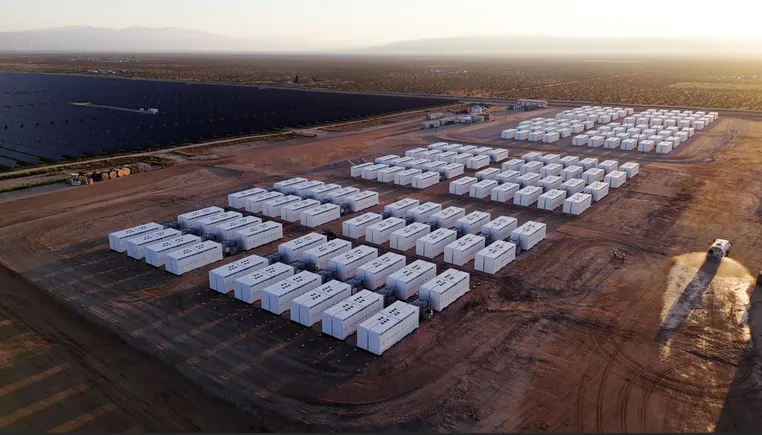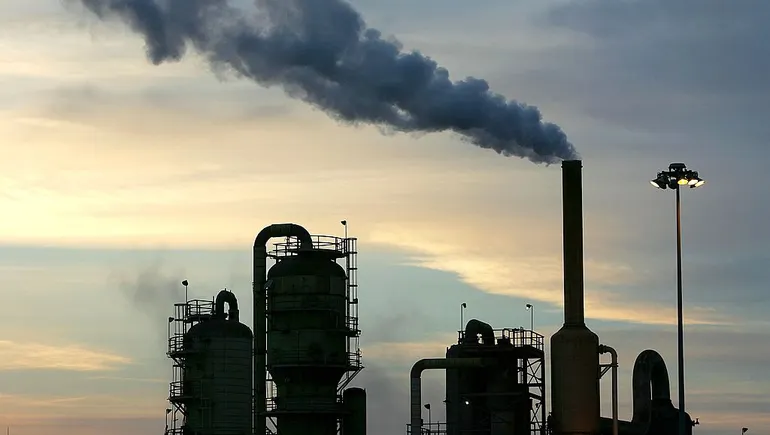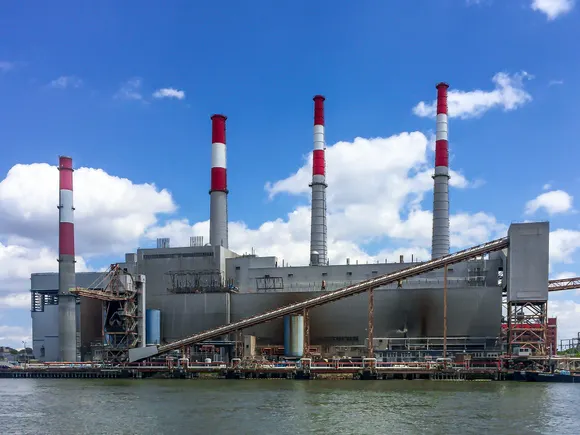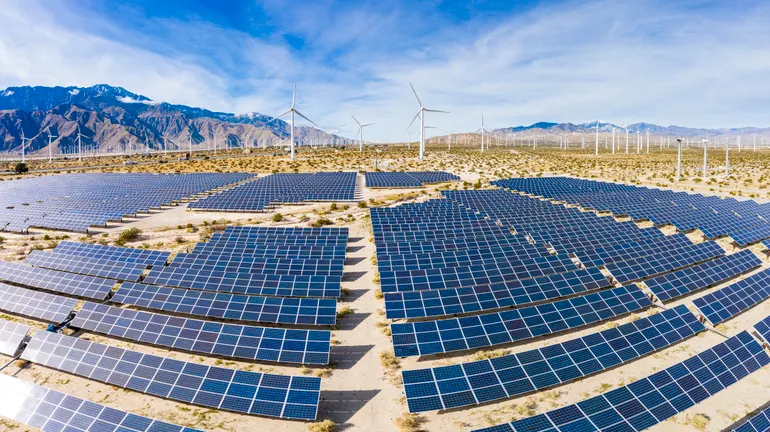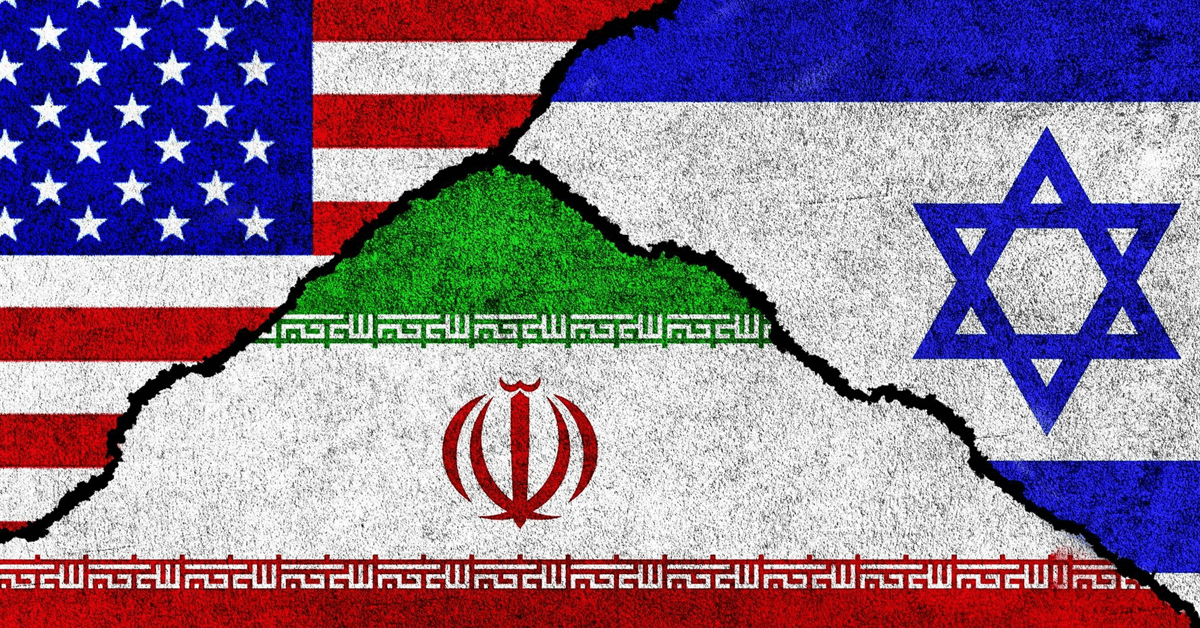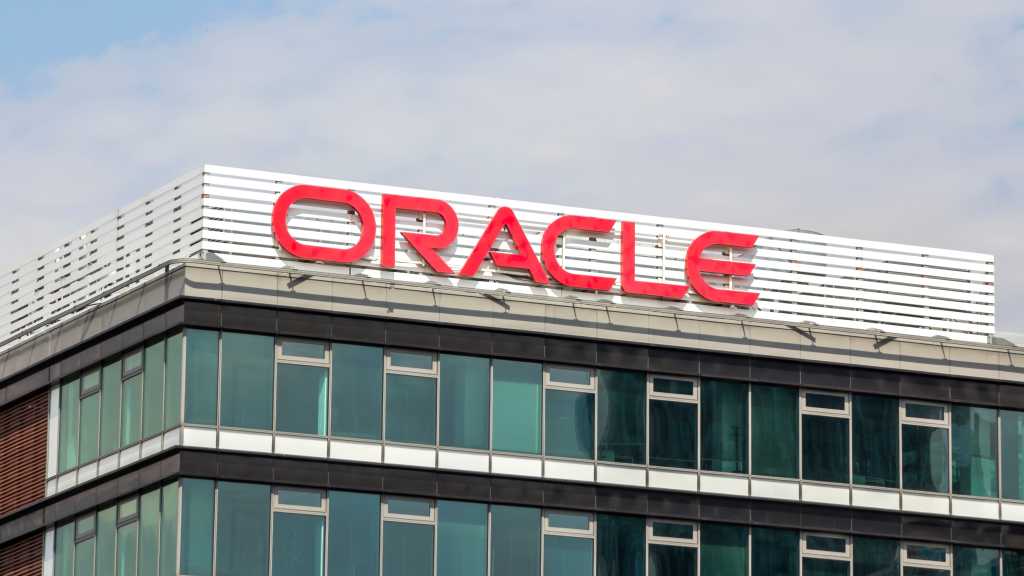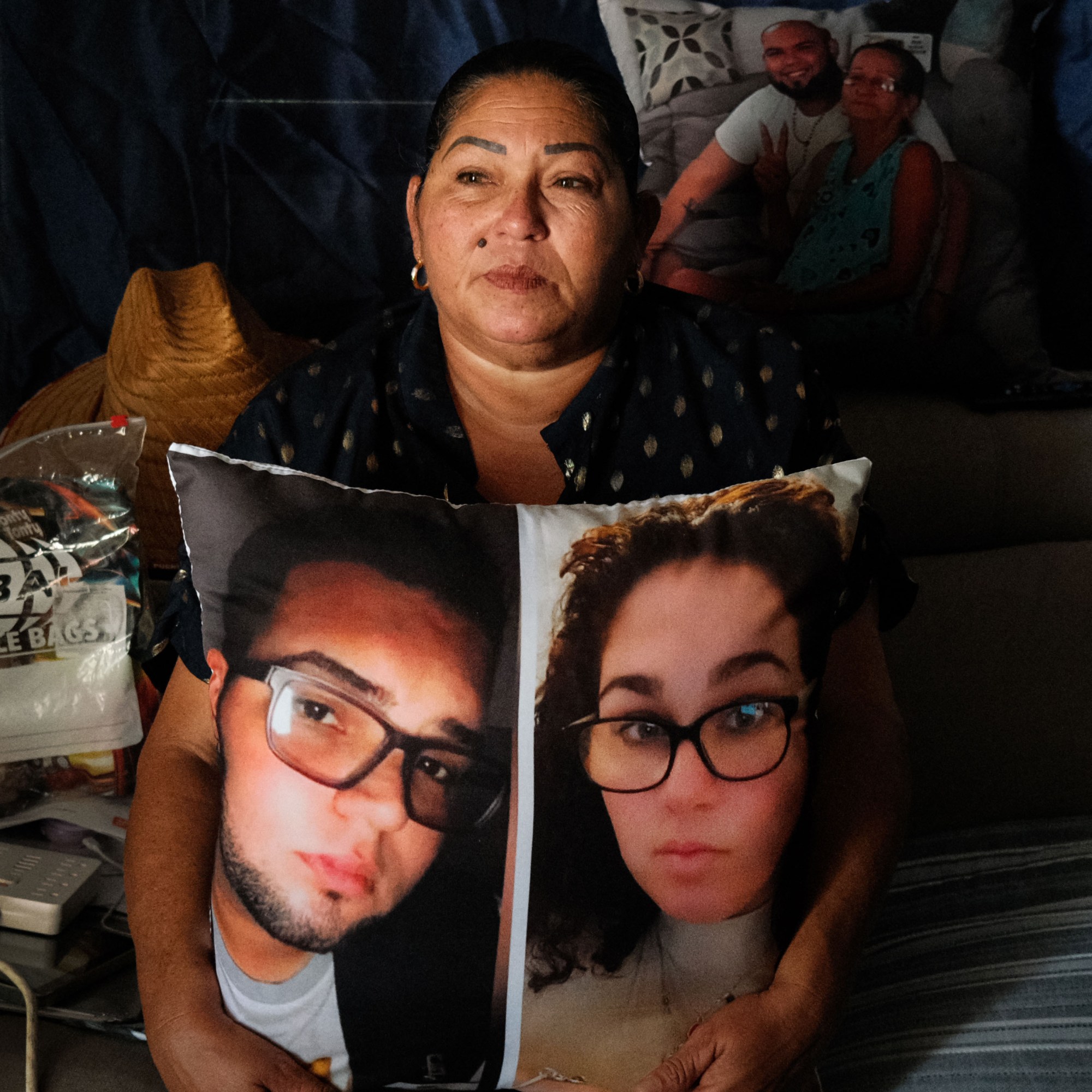
US President Donald Trump left the Group of Seven leaders meeting in Canada early to deal with the Israel-Iran conflict, but played down the chances of a ceasefire.
On Tuesday morning, he returned to Washington and criticized French President Emmanuel Macron for saying the move was possibly a sign he was working on a truce.
“Wrong!,” Trump said in reference to Macron on Truth Social. “He has no idea why I am now on my way to Washington, but it certainly has nothing to do with a Cease Fire. Much bigger than that. Stay Tuned!”
Trump hasn’t clearly spelled out his next steps as he returns to the US capital.
Israel and Iran continue to strike on one another. While global markets have calmed since hostilities started on Friday with Israel bombing Iran, there are still widespread fears the war will spread to other countries in the oil- and gas-producing region.
Despite Trump’s latest comments, top US officials said the president remains hopeful a peace deal can be achieved between Israel and Iran.
The diplomatic flurry followed another 24 hours of intense bombardments, with Iran firing ballistic missiles and Israel striking targets across the Islamic Republic, including the capital of Tehran. The USS Nimitz aircraft carrier strike group is now sailing to the Middle East ahead of schedule, marking the first significant move of American military assets to the region since Friday.
“Iran should have signed the ‘deal’ I told them to sign,” Trump wrote in an earlier social media post, referring to nuclear talks between Tehran and Washington that are now on hold. “What a shame, and waste of human life. Simply stated, IRAN CAN NOT HAVE A NUCLEAR WEAPON. I said it over and over again! Everyone should immediately evacuate Tehran!”
It wasn’t clear if Trump knew of a fresh round of attacks Israel may have planned for the city, which has a population of more than 9 million.
Israel earlier warned residents of one Tehran neighborhood to evacuate and social media videos showed traffic jams as people sought to leave. Soon after Trump’s post, Iran’s Fars news agency reported several explosions east of the city.
The American president kept his options open. As well as urging Iran to accept a deal that restricts its nuclear activities in return for sanctions relief, he has maintained a vague stance on whether the US might intervene in the war offensively. For now, the US says its only helping Israel defend against Iran’s missile and drone salvos.
Steve Witkoff, Trump’s top Middle East envoy, who headed five rounds of talks with the Islamic Republic on its atomic program until Israeli strikes last week, might meet Iranian Foreign Minister Abbas Araghchi later this week, Axios reported on Tuesday, citing unnamed US officials.
“They want to make a deal, and as soon as I leave here, we’re going to be doing something,” Trump told reporters in Canada on Monday, without providing details.
Open Conflict
Long-standing tensions between Iran and Israel erupted into open fighting last week, when Israel launched surprise attacks on Iranian military and nuclear sites and killed senior commanders and atomic scientists. Since then, its achieved air superiority over much of Iran, allowing it to bomb major cities and infrastructure frequently.
For Iran’s government, the showdown poses a strategic dilemma. It can’t risk appearing weak, yet its retaliatory options are shrinking. And proxy forces it supports across the region have been largely degraded by Israeli wars against them since October 2023.
More than 200 people have been killed in Iran by Israel’s strikes, according to the last official tally from the Iranian government. In Israel, the government says 24 people have been killed and around 400 injured.
Israel has signaled it wants to continue its campaign for now as it looks to set back or destroy Iran’s nuclear program. While Iran insists it has no plans to build an atomic bomb, it is enriching uranium far beyond the levels need for civilian purposes, such as fueling nuclear power plants.
“They want to stop and continue producing the weapons of death, both the nuclear weapons that threaten our existence and the ballistic missiles,” Israeli Prime Minister Benjamin Netanyahu said on Monday. “But we are committed to destroying these two threats.”
“If that can be achieved in another way, please – but we gave it a chance,” he added.
In a telephone call with Turkish President Recep Tayyip Erdogan on Monday, Iran’s President Masoud Pezeshkian said that his country will respond to Israel’s ongoing strikes with proportional retaliation.
“We do not seek to escalate the conflict, but we will respond to any attack on Iranian soil in a manner that will make them regret it,” Pezeshkian said.
Israel’s airstrikes have managed to deliver a blow to Iran’s nuclear program, with the United Nations’ atomic watchdog reporting damage at various sites including Natanz, a key uranium-enrichment facility. But military experts say Israel needs US assistance to destroy Natanz and Fordow, another atomic site that’s buried deep below ground.
Alex Pfeiffer, a White House spokesperson, on Monday denied claims on social media that the US would join Israel in its military offensive against Iran.
“American forces are maintaining their defensive posture, and that has not changed,” he said in a post to X.
Oil was steady in early trading on Tuesday, with Brent rising 0.4 percent to $73.54 a barrel as of 6:12 a.m. in London. It’s up about 6 percent since the conflict started.





